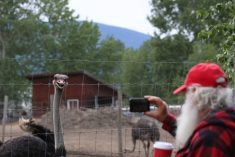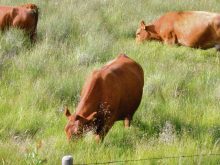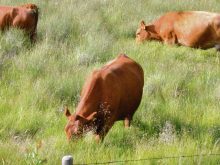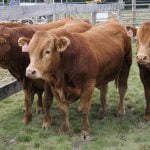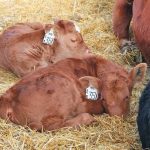Pet owners are being warned not to feed their animals raw meat from poultry or game birds or allow pets to consume or play with dead wild birds after the death of a dog from avian flu in southern Ontario.
The Canadian Food Inspection Agency on Tuesday reported the results of a necropsy on an Oshawa dog confirmed Saturday to be positive for highly pathogenic avian influenza.
In what CFIA described as the only case of its kind in Canada, the domestic dog was found to have been infected with the high-path strain after chewing on a wild goose and died after developing “clinical signs.”
Read Also
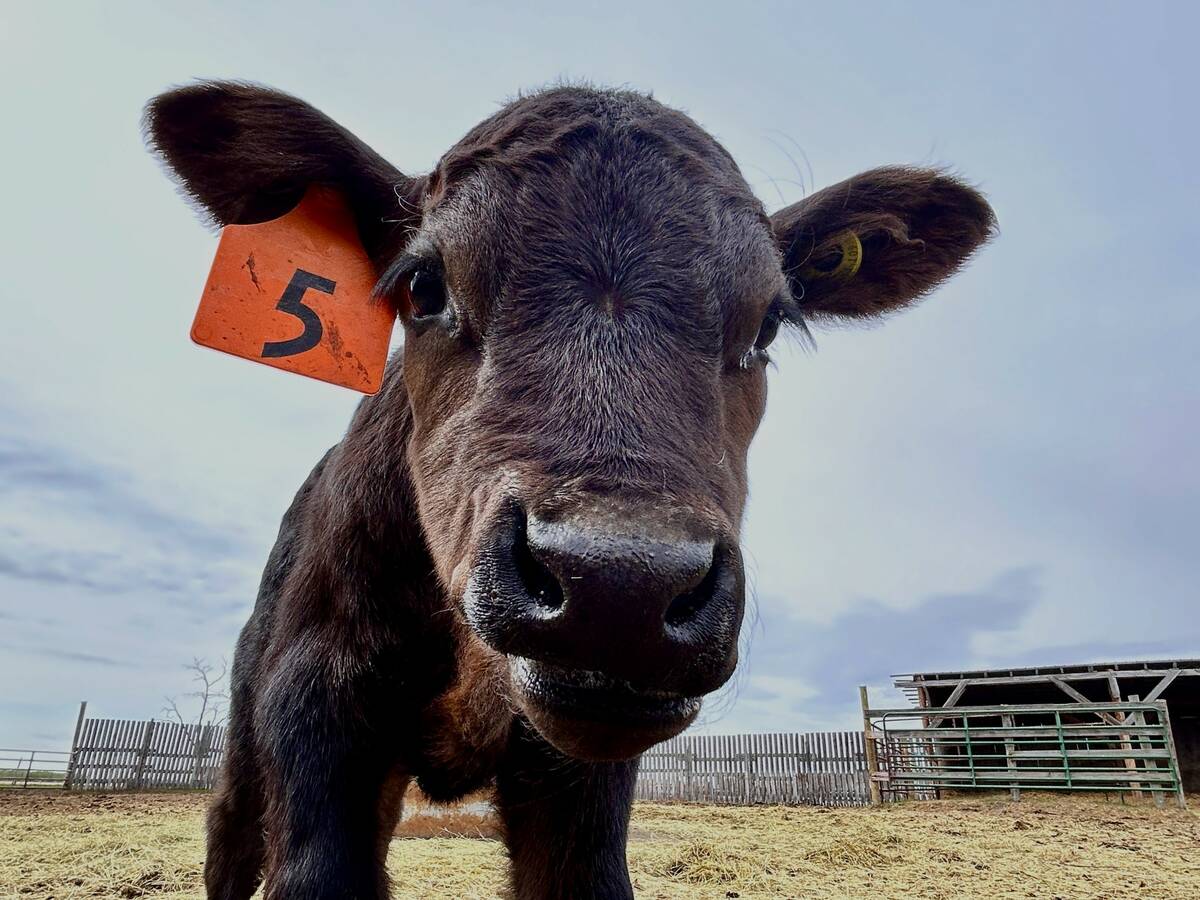
Health Canada stops sales of coccidiosis medication Deccox on procedural issue
Deccox, a medication to prevent coccidiosis in calves and other livestock, is temporarily off the market after Health Canada issued a stop sale order earlier this month.
Further testing is underway, CFIA said, but added that the necropsy performed Monday showed “respiratory system involvement.”
Poultry farmers and backyard flock owners worldwide have been on alert since 2020 as a strain of high-path H5N1 adapted to spread widely via wild birds and reached into domestic poultry in Europe, Asia and Africa. In Canadian domestic birds, the strain made its first appearance in late 2021.
Since then, as of March 29 this year, the strain is estimated to have impacted 7.237 million domestic Canadian birds across nine provinces; about half the birds were in British Columbia and about a fifth in Alberta.
CFIA emphasized the number of documented cases of H5N1 in “non-avian species” such as dogs and cats is low, “despite the fact that this virus has caused large avian outbreaks globally over the last few years.”
That said, detections in several wild mammal species have “continued intermittently” during Canada’s current run of outbreaks, CFIA said, noting cases as far back as last July in foxes in Ontario, Quebec and British Columbia; seals, dolphins and black bears in Quebec; and wild mink, raccoons, porpoises and skunks in “several areas” across the country.
As for the human health risk, “current evidence” in Canada suggests the risk of a person contracting avian flu from a pet is “minor.”
Also, CFIA said, no “domestically acquired” human cases of avian influenza have been reported in Canada.
Cases of avian influenza among humans are “almost always” acquired through direct contact with infected birds or exposure to “heavily contaminated environments,” the agency said, and there’s no evidence yet of sustained person-to-person spread.
Out of 305 outbreaks in domestic poultry and backyard flocks across Canada since late 2021, just four were detected during March this year: one in Nova Scotia, two in Ontario and one on March 27 in a commercial poultry flock in the municipality of Rouville, east of Montreal.
Two more outbreaks have since been detected in commercial flocks at Rouville, both on April 3. — Glacier FarmMedia Network




